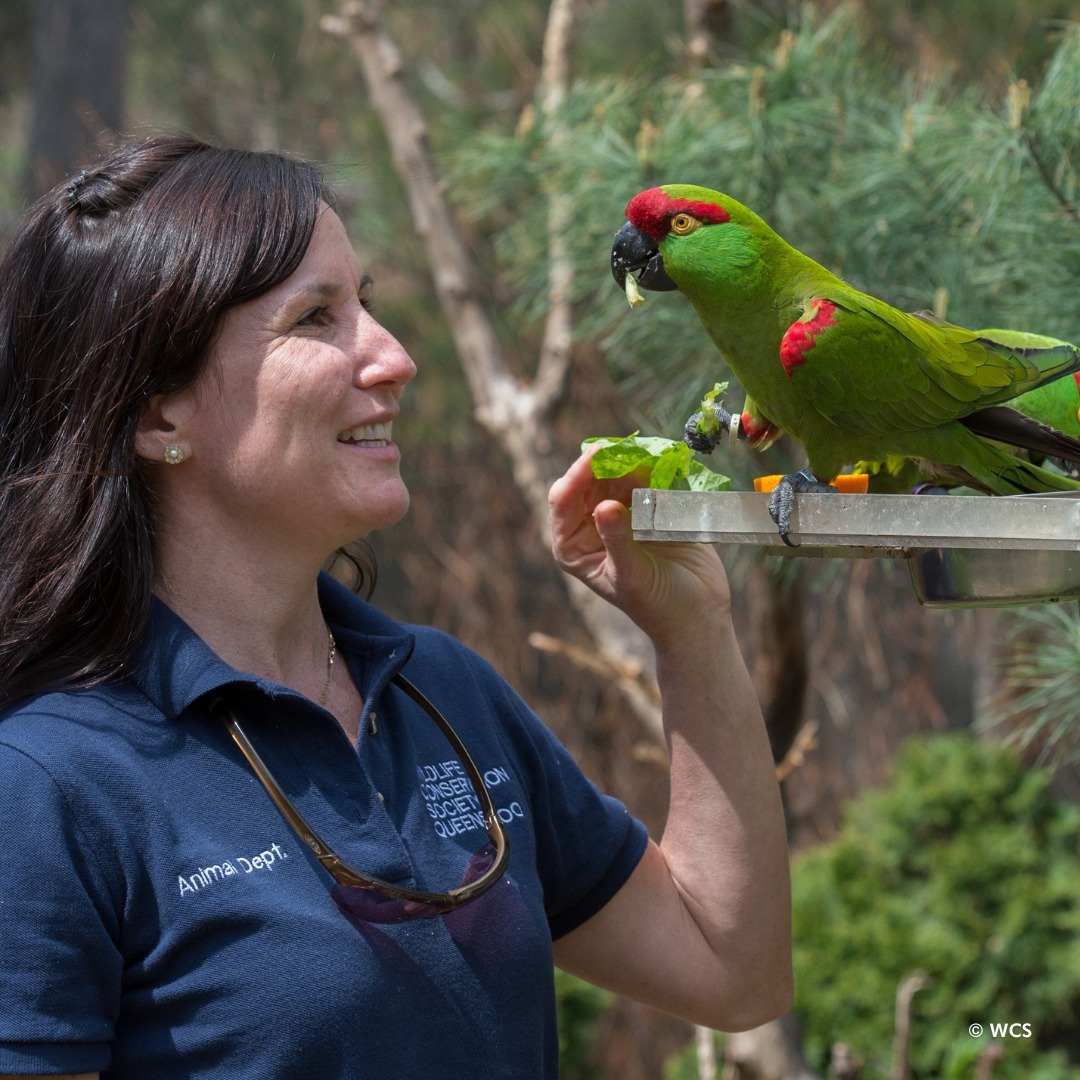– The educational philosophy and objectives behind Queens Zoo‘s children’s programs
– An exploration of the child-friendly, hands-on activities that make Queens Zoo’s programs engaging
– Insight into the critical role of zoos in wildlife conservation and education
– How participation in Queens Zoo’s programs can foster a child’s passion for animals and nature
– The importance of early engagement in environmental stewardship and its long-term impact
As zoological gardens evolve, they play a pivotal role in wildlife conservation, environmental education, and fostering an empathetic relationship between humans and the natural world. Signing your child up for a Queens Zoo education program is a step into a vibrant learning environment where experiential learning is paramount. This article intends to unpack the multilayered educational experience offered at Queens Zoo, detailing how such programs can nurture young minds, instilling a lifelong passion for animal welfare and environmental conservation.
The educational philosophy and objectives that define Queens Zoo’s children’s programs are rooted in the belief that interactive, experiential learning is key to understanding and appreciating wildlife. When children engage with animals and their habitats under the guidance of experienced educators and keepers, they gain a comprehensive insight into the intricate lives of animals. This educational approach goes beyond imparting knowledge; it aims to touch hearts and inspire young explorers to become ambassadors for wildlife.
Queens Zoo’s programs are carefully structured to provide an enjoyable yet instructive experience. Participating children engage in various hands-on activities covering a broad spectrum of subjects, from animal behavior to habitat conservation. One such activity involves close encounters with animals, where children can observe and sometimes touch them under supervision. This tangible experience often leaves a profound impression, driving home the message of animal stewardship more powerfully than words ever could.
Another cornerstone of the program includes exhibit exploration, where children learn how exhibits are designed to replicate natural habitats and why this is crucial for the well-being of zoo inhabitants. This activity encourages observational skills and critical thinking as children analyze an animal’s needs and consider how well the exhibit meets those needs. In collaboration with keepers, children may also plan enriching activities for the animals, offering a backstage glimpse into the cognitive and physical stimulation these creatures require.
Through these carefully selected activities, children develop an understanding of why each species is significant to the ecosystem and what measures are necessary to protect it. Topics like endangered species, conservation strategies, and the impact of human activities on wildlife are discussed, equipping the young minds with knowledge they can share in their communities and further spreading conservation messages.
The role of zoos like Queens Zoo in wildlife conservation cannot be overstated. Notably, modern zoos are not just about display and recreation; they are active conservation participants. Through breeding programs for endangered species, habitat restoration efforts, and funding for in-situ conservation projects, zoos contribute to the safeguarding of biodiversity. By integrating conservation lessons into their education programs, Queens Zoo highlights the significance of preserving wildlife, fostering a sense of responsibility among the younger generation.
Signing up your child for a Queens Zoo education program allows them to sow the seeds for a lasting passion for animals and nature. As they gain awareness of the intrinsic value of biodiversity, young participants are poised to become confident conservationists in their own right. This exposure to the wonders of the animal kingdom, coupled with the knowledge of the fragility of our natural world, positions them as advocates for sustainability and conservation from a tender age.
The long-term impact of engaging children in environmental stewardship underscores the importance of such involvement. A child fascinated by animals and attuned to the natural world is likelier to grow into an adult who makes environmentally conscious decisions. Queens Zoo’s education programs thus play a critical role in shaping the conservationists of tomorrow, ensuring that capable hands will guard the wildlife and habitats we treasure today in the future.
In sum, the Queens Zoo education programs provide an unparalleled avenue for young learners to immerse themselves in the multifaceted world of zoology and environmental conservation. Our society stands to gain immensely from such educational initiatives, where the youngest among us are empowered to lead the charge in protecting and appreciating our planet’s precious wildlife and natural resources.
*****
Source Description
When you sign up your child for a Queens Zoo education program, they’ll become little explorers and junior keepers! During both of these children’s programs, participants can learn about the animals at Queens Zoo through hands-on activities, up-close encounters, and exhibit exploration! They will also be able to meet keepers and help plan enriching activities for some of our animals.
See the Children’s Programs link in our profile to learn more and register for spring.


